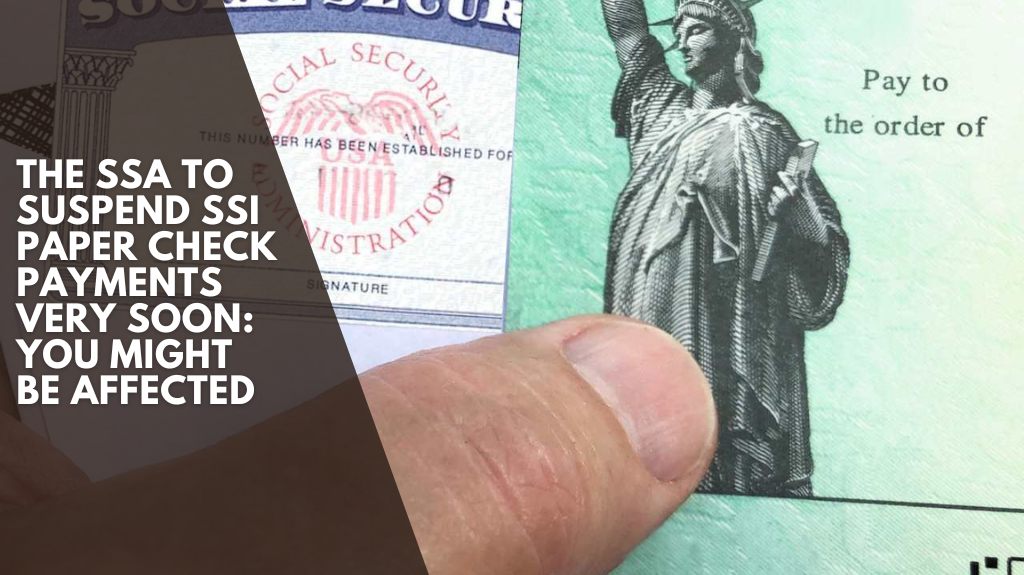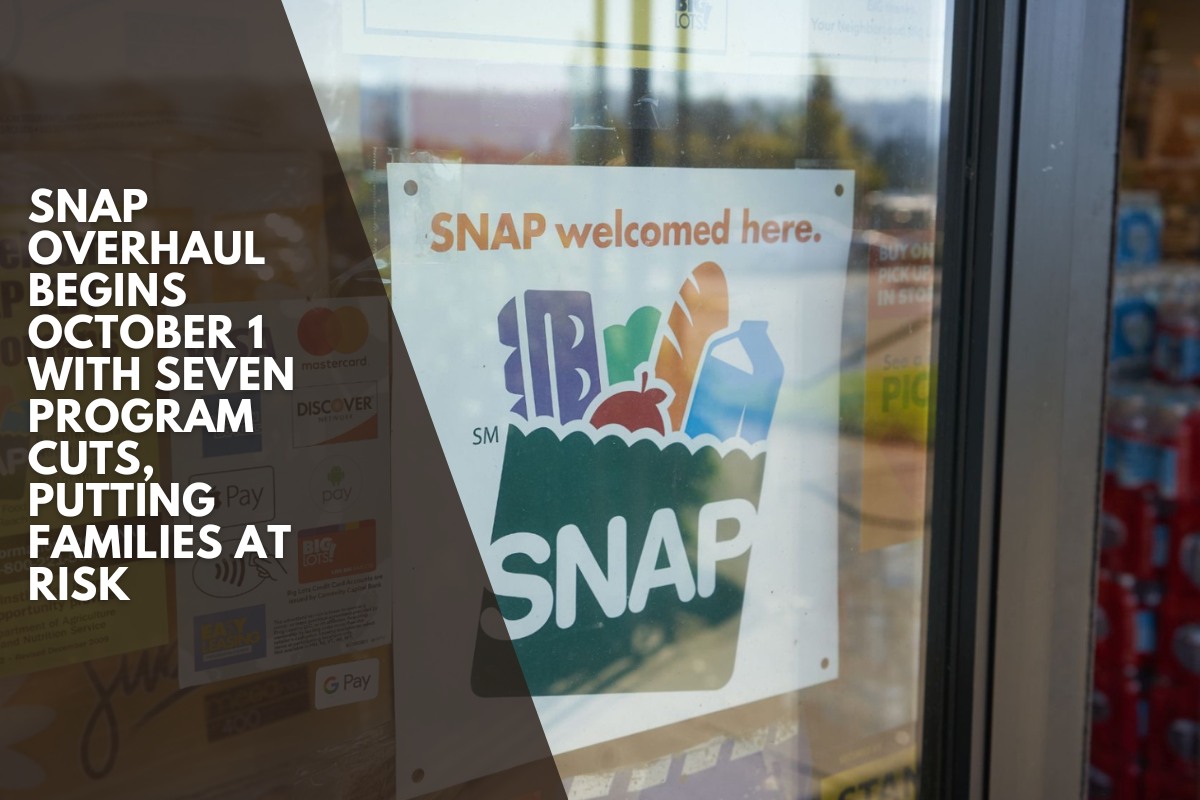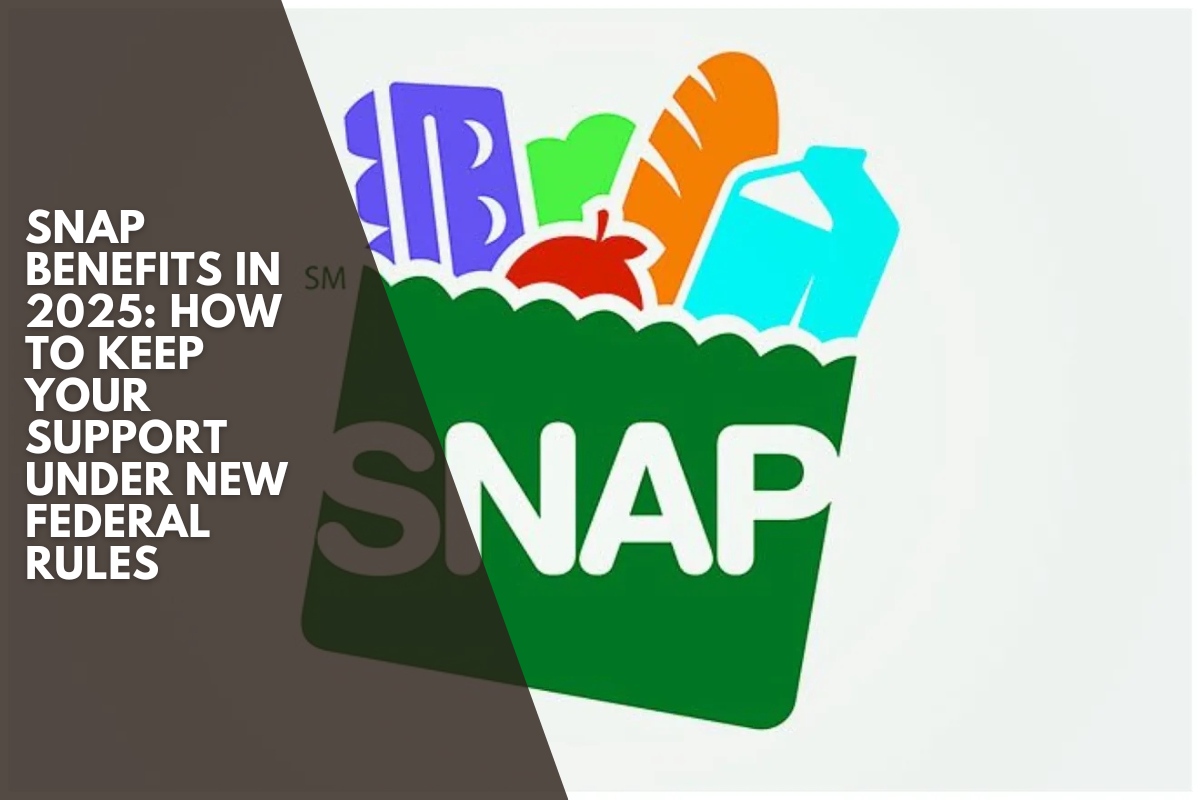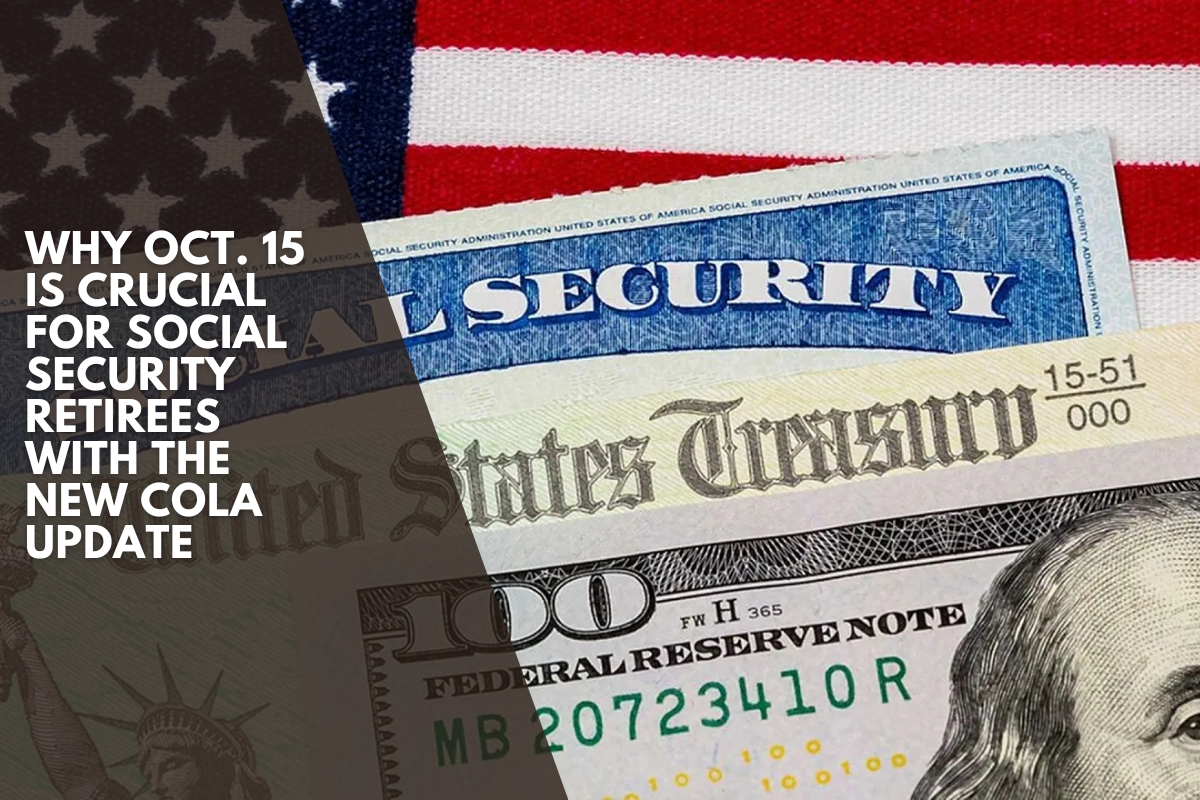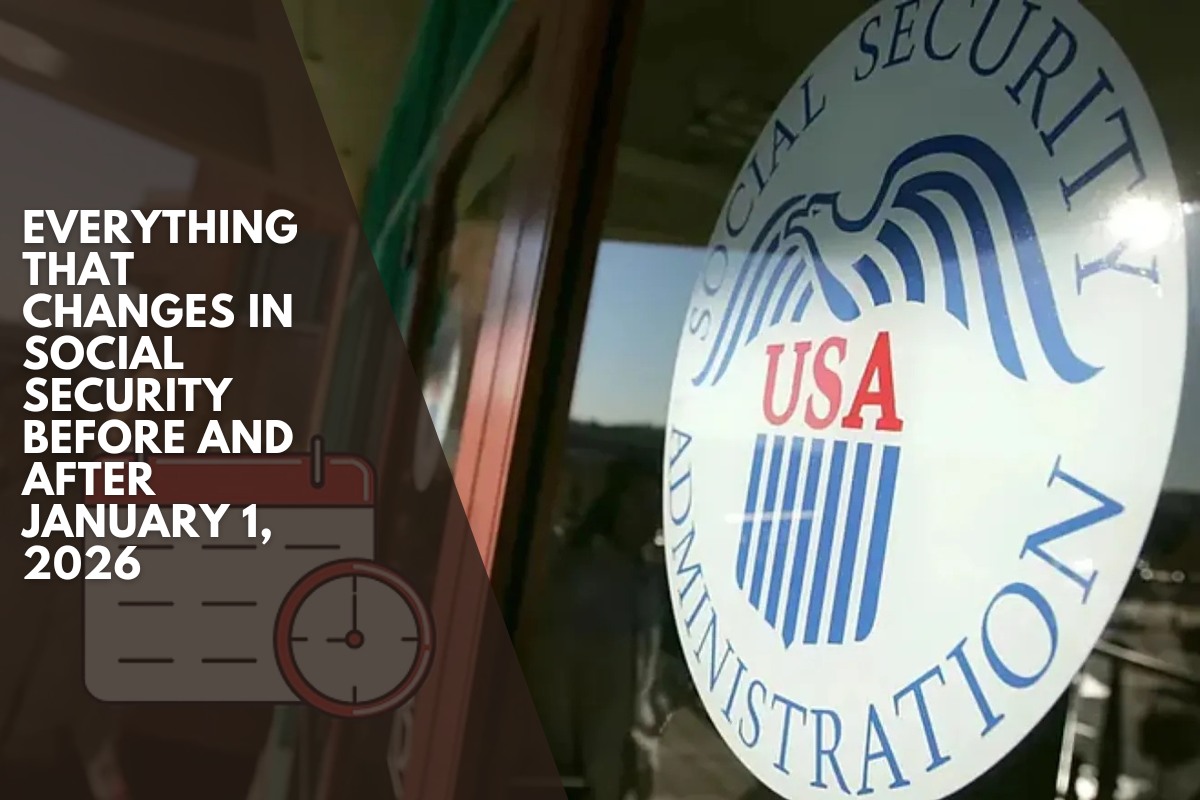For many, receiving a paper check from the government is a familiar ritual—one that represents a vital lifeline. This includes around 500,000 Americans, particularly seniors, those living in rural areas, individuals without bank accounts, and others who are disconnected from the digital world. But that long-standing tradition is coming to an end.
A Major Change Coming in 2025
Mark your calendars for September 30, 2025—that’s the day the Federal Government will officially stop issuing paper checks for Supplemental Security Income (SSI) and other Social Security benefits.
This move, as mandated by a March 2025 executive order, will affect SSI, SSDI (Disability Insurance), federal retirement checks, subsidies, tax refunds, and basically any federal dollar sent out by the Department of the Treasury.
From October 1, 2025, paper checks will be a thing of the past. You’ll only get your benefits electronically, whether through direct deposit, a Direct Express prepaid card, or an approved digital wallet. The paper trail will be gone forever.
Why Is the Government Phasing Out Paper Checks?
Here’s the rationale behind this significant shift:
1. Cost Savings
The federal government spent $650 million last year just to print and mail these checks. Processing a single check costs around $1, but an electronic deposit costs a mere $0.10. The goal? To save nearly $1 billion over the next ten years by cutting these costs. Those savings can then be reinvested in programs themselves, officials argue.
2. Reducing Fraud Risks
Paper checks are highly vulnerable to theft, loss, or alteration. In fact, more than half a million checks are either stolen or go missing every year. Electronic payments are more secure because they’re trackable, harder to hijack, and provide a safer option for beneficiaries who rely on these funds.
3. Efficiency and Modernization
Processing paper checks involves delays, errors, and inefficiencies. Switching to electronic payments speeds up the process and reduces waste. This transition fits within the Treasury’s broader effort to modernize the way federal payments are distributed, which aligns with the March executive order.
What Does This Mean for You?
Sounds efficient, right? For many, yes. But there are concerns, especially for those who are used to paper checks. The biggest worry is that individuals who fail to transition to electronic payments before September 30, 2025, could see their payments delayed or even paused. For seniors and individuals relying on these benefits for food, rent, and medicine, a delay could be devastating.
Switching to electronic payments isn’t always straightforward. Not everyone is comfortable with technology, and not everyone has access to the necessary tools—like a bank account or an internet connection. For example, how will an elderly person without internet access manage this change? These are legitimate concerns for many people.
How to Ensure You Don’t Miss Out
To avoid any issues when the deadline arrives, it’s crucial to act now. Here’s how you can switch to electronic payments:
1. Sign Up for Direct Deposit:
The safest and most efficient way to receive your payments is through Direct Deposit. You can log into your “My Social Security” account at ssa.gov and enter your bank details.
2. Get a Direct Express Card:
If you don’t have a bank account, the Direct Express prepaid card is a great alternative. Your federal payments will be loaded onto this card each month.
3. Choose Your Method:
To make the switch, you can do it online (the quickest option), call 1-800-772-1213, or visit your local Social Security Administration (SSA) office in person. (Pro tip: Schedule your in-person visit as soon as possible, since offices are often busy.)
4. Ask for Exceptions (If You Qualify):
If you’re in a tough spot—say, you don’t have access to digital tools or are dealing with a disability—there may be temporary exceptions. Call 855-290-1545 to discuss your situation with the Treasury. You may need to provide documentation to prove your case, so make sure to gather the necessary paperwork.
5. Strengthen Your Security:
Already switched to electronic payments? Great! To enhance security, enable bank alerts and consider using USPS Informed Delivery to track any mail that still comes through. Stay vigilant to protect your funds.
The end of paper checks is a significant change that affects many individuals, particularly those who rely on government assistance. To ensure you don’t face any interruptions, make the switch to electronic payments before September 30, 2025. Whether it’s through direct deposit or a prepaid card, preparing early will help you avoid any payment disruptions and keep your finances secure.
